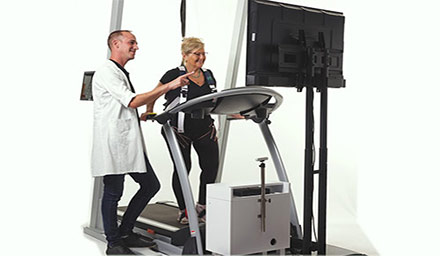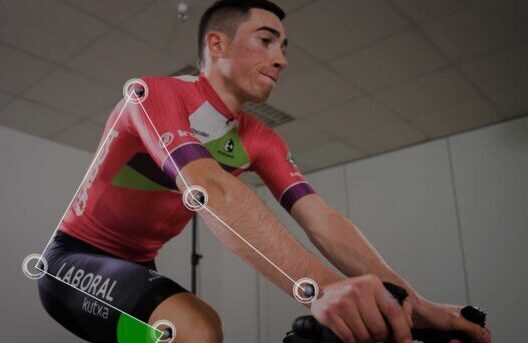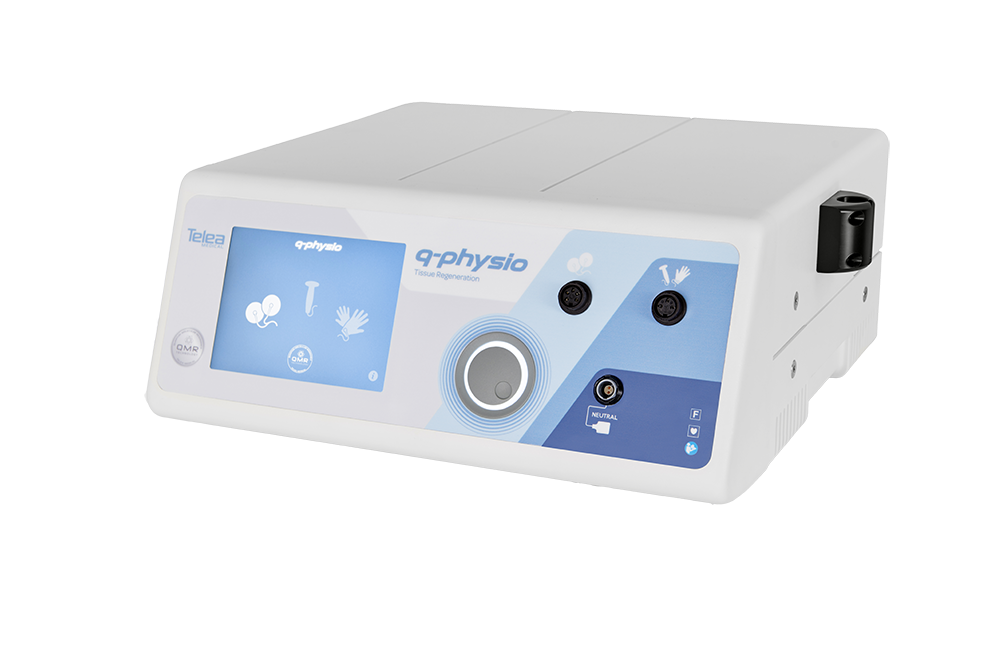In early May 2021, two more NEUROLITH systems were installed in Germany. Both the renowned Klinikum Wahrendorff in Sehnde near Hanover and the private practice of Prof. Dr Musa Citak in Hamburg are expanding their range of therapies with Transcranial Pulse Stimulation (TPS).

Prof. Dr Marc Ziegenbein, Medical Director and Chief Physician (right) &
Oliver Rosenthal, Senior Physician
The Klinikum Wahrendorff, led by chief physician Prof. Dr Marc Ziegenbein opened in May 2021 a new, modern treatment centre specifically for the early stimulation/maintenance of the mental abilities of people with Alzheimer’s disease. Transcranial Pulse Stimulation (TPS) with the NEUROLITH is part of the special therapy offer.
In addition, patients with Alzheimer’s dementia can now also be treated with the NEUROLITH system in Hamburg. Prof. Dr Citak was one of the first doctors in northern Germany to opt for the TPS system. »The first few patients are making very good progress. Relatives are very surprised and pleased by the positive effect,« says Prof. Dr Citak. In his private practice, the shock wave expert also uses various shock wave systems as well as a system for Extracorporeal Magnetotransduction Therapy (EMTT) from STORZ MEDICAL.
About TPS treatment
In 2018, Transcranial Pulse Stimulation (TPS) with the NEUROLITH system was the first, and hitherto only, procedure of its kind to obtain market authorization for the »treatment of the central nervous system of patients with Alzheimer’s disease«. TPS can stimulate deep cerebral regions, reaching as much as 8 cm into the brain.
Studies conducted at the University of Vienna under the direction of Prof. Dr Roland Beisteiner demonstrated a significant increase in cognitive performance in the CERAD test and a decrease in the Becks Depression Index in patients with mild to moderate dementia.(1) In addition, a significant correlation between neuropsychological improvement and cortical thickness increase in AD-critical brain areas was found after TPS treatment.(2)
In an ongoing study, Prof. Dr Beisteiner is investigating the effect of TPS therapy on the course of the disease in patients with Parkinson’s.
Sources:
1. Beisteiner, R. et. al., Adv Sci (Weinh). 2019 Dec 23;7(3):1902583. doi: 10.1002/advs.201902583.
2. Popescu, T. et al., Alzheimers Dement (N Y). 2021 Feb 25;7(1):e12121. doi: 10.1002/trc2.12121.


































